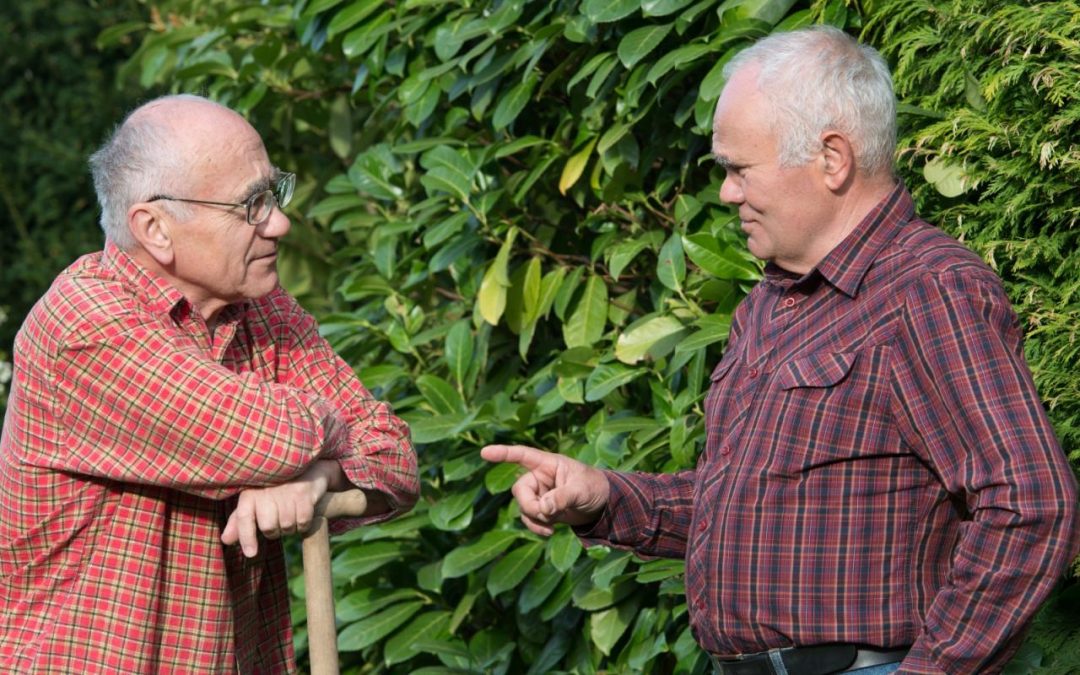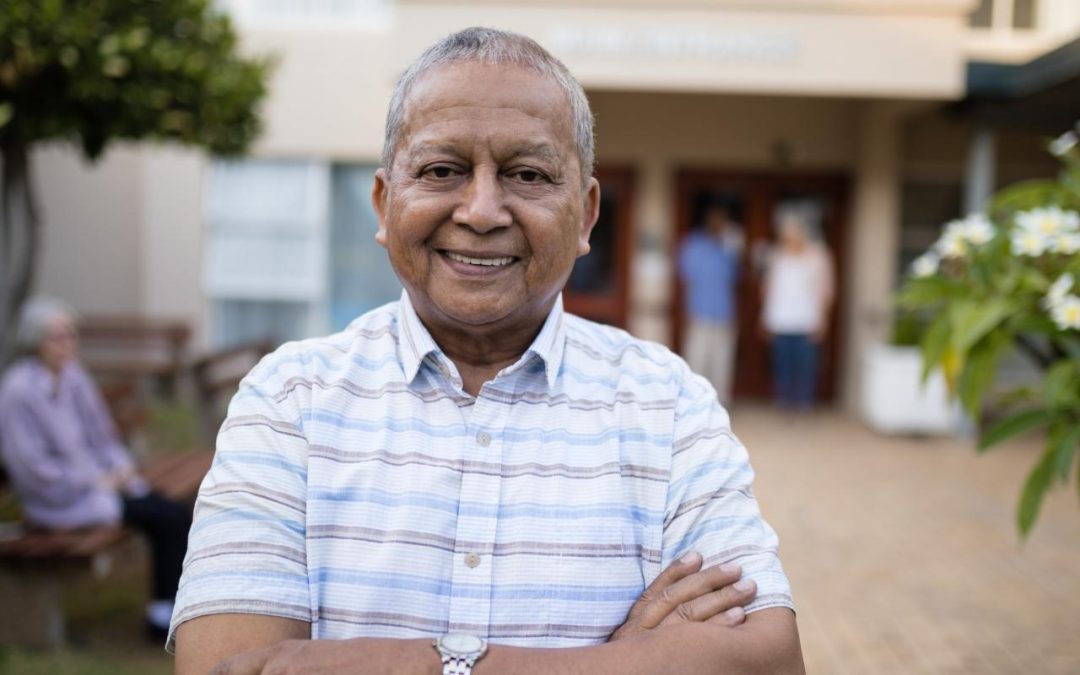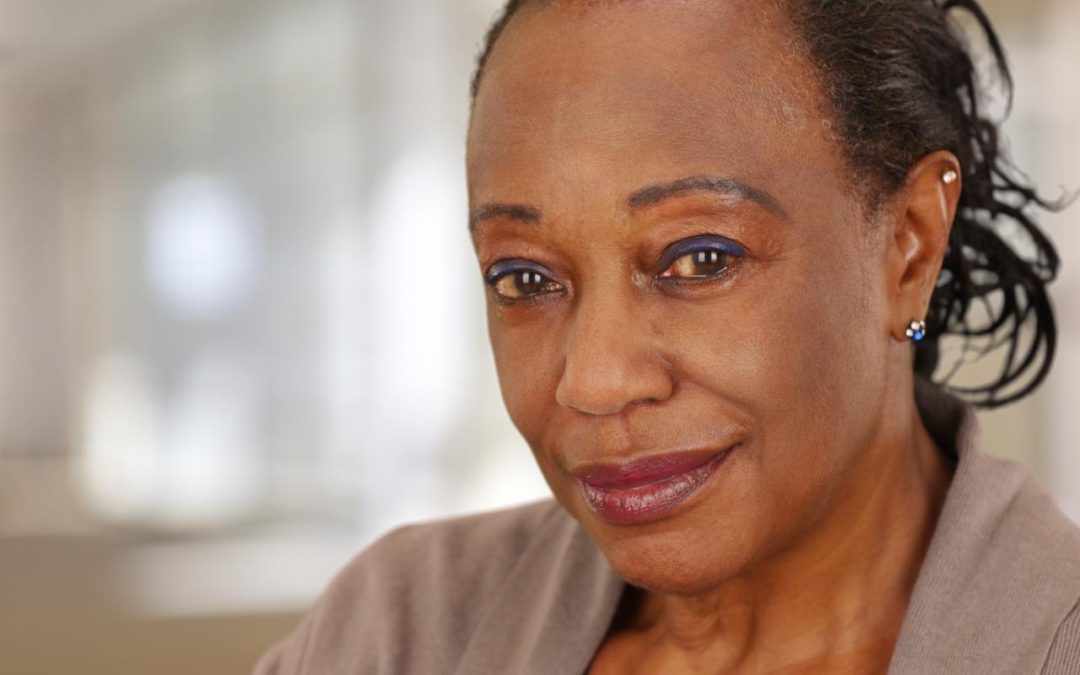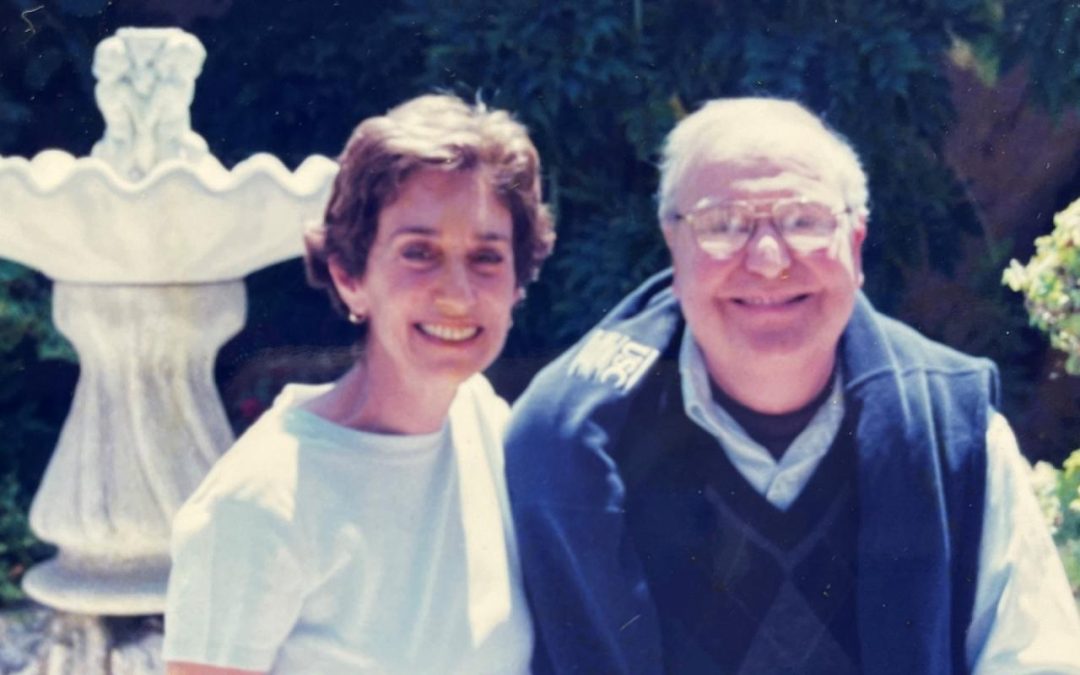Lessons learned from a care-management perspective.

Generations Journal, vol. 47, no. 2 (Summer 2023)

Lessons learned from a care-management perspective.

Nuanced advice on how best to talk to people about transitioning away from the idea of aging in place.

Even for those who have no offspring, there are many ways to leave a meaningful legacy.

Often the services of an elder law attorney can stave off disastrous consequences.

Finding support and community in senior living.

Sara Zeff Geber approaches the topic of solo aging from a personal place and knows how critical it is to get the word out about the trend.

Or how to age solo successfully.

‘Solo Agers are not a special interest group and solo-ness is not about bad choices, but rather another dimension of diversity.’

Engaging with real women provides a much more nuanced view of aging alone than do the statistics.

Lessons learned upon becoming a widow.
Generations Journal, vol. 47, no. 2 (Summer 2023)
Abstract: People may be well-versed in the changing needs of older adults, but still have no understanding of the diverse needs of LGBTQ+ older adults. This population is often inadequately represented, marginalized, mistreated, and poorly served in the mainstream...
Abstract: Unrealistic expectations on the part of parents and Solo Agers that presume adult children, family members, and friends will step up as caregivers is a recipe for disaster. While much is advised about retirement, approaching the subject of long-term care is...
Abstract: As adults enter their later years, they begin to reflect upon past experiences, what they have learned from them, and what they want to pass on to the next generation. But many Solo Agers face a dilemma: Without a spouse and/or children to keep their memory...
Abstract: Older adults who lack the historically traditional support system of a spouse and/or adult children face greater challenges related to personal finance, access to healthcare and long-term care, and personal autonomy as they age. These individuals are...
Abstract: The growing number of Solo Agers face unique challenges, especially when attempting to age in place in homes and communities ill-equipped to meet their changing needs. Senior living settings, with robust services and support systems for social engagement,...
Guest Editor Sara Zeff Geber, who holds a doctorate in Organizational Behavior and Counseling and is a nationally recognized expert on the topic of Solo Aging, approached this issue of Generations Journal from a personal vantage point, and because of that, so did many...
About a decade ago, I began to notice that many of my friends and work colleagues were spending a tremendous amount of time and energy making sure their aging parents were managing their lives in a safe and healthy way and receiving care when necessary. In some cases,...
Abstract: Considering solo older adults from a personal level is an important and valuable perspective. It is, however, an incomplete strategy. Understanding context is essential to removing barriers and developing the resources Solo Agers need to thrive during the...
Abstract: The author interviewed 15 older Black women about being Solo Agers. This article reveals those findings, as well as winding research on the same cohort throughout. Some topics covered include lower marriage rates, the gender pay gap, occupational...
I became an unexpected widow and Solo Ager at age 63. Despite my husband's diagnosis of lymphoma, considered one of the better cancers for remission, I never thought he would die. Yet, after five years of chemotherapy and a failed stem-cell transplant, it happened. On...
Abstract: In India, an increasing number of women are choosing to remain single, which means they are likely to become Solo Agers. This study investigates the perceptions of single women in Mumbai about the concepts of women Solo Agers and Solo Aging, their potential...
Abstract: Many resources exist to explain financial planning challenges for the average person. But not many discussions focus on individuals or couples who are child-free or childless, often referred to as Solo Agers. This article examines the planning areas...
Abstract: This article details the difficulty of loneliness in older adulthood, lays out the concept of cohousing as a solution to many challenges of aging, and describes one cohousing project from conception to years down the road as it thrives. Also addressed are...
Abstract: Shared housing has many potential benefits for older adults including lower housing costs, companionship, and mutual help in managing daily life. Fear of a bad arrangement often stops elders from pursuing this option but if they can live according to four...
Abstract: This article explores the significance of establishing a local support network of friends and peers for solo agers, highlighting its potential benefits in addressing the social, emotional, and practical needs of this growing population. Key Words: support...
Abstract: Community as Family (CAF) was developed in 2014 by Wendl Kornfeld. It is an educational model designed to encourage Solo Agers to anticipate and navigate their later years more efficiently, supported by a community-based team. There is no fee for coaching...
Abstract: Planning for health and well-being is essential as people age, particularly those who consider themselves to be Solo Agers. Procrastination and fear often contribute to the low rate of plan completion. Research suggests that people will achieve better...
Suggested citation for articles in this issue: [Last Name(s), First Name(s)]. “Article Title.” Generations Journal, vol. [#], no. [#] [season and year (ex. Fall 2024)]. [URL]
Generations Journal is the quarterly journal of the American Society on Aging. Each issue is devoted to bringing together the most useful and current knowledge about a specific topic in the field of aging, with emphasis on practice, research, and policy.